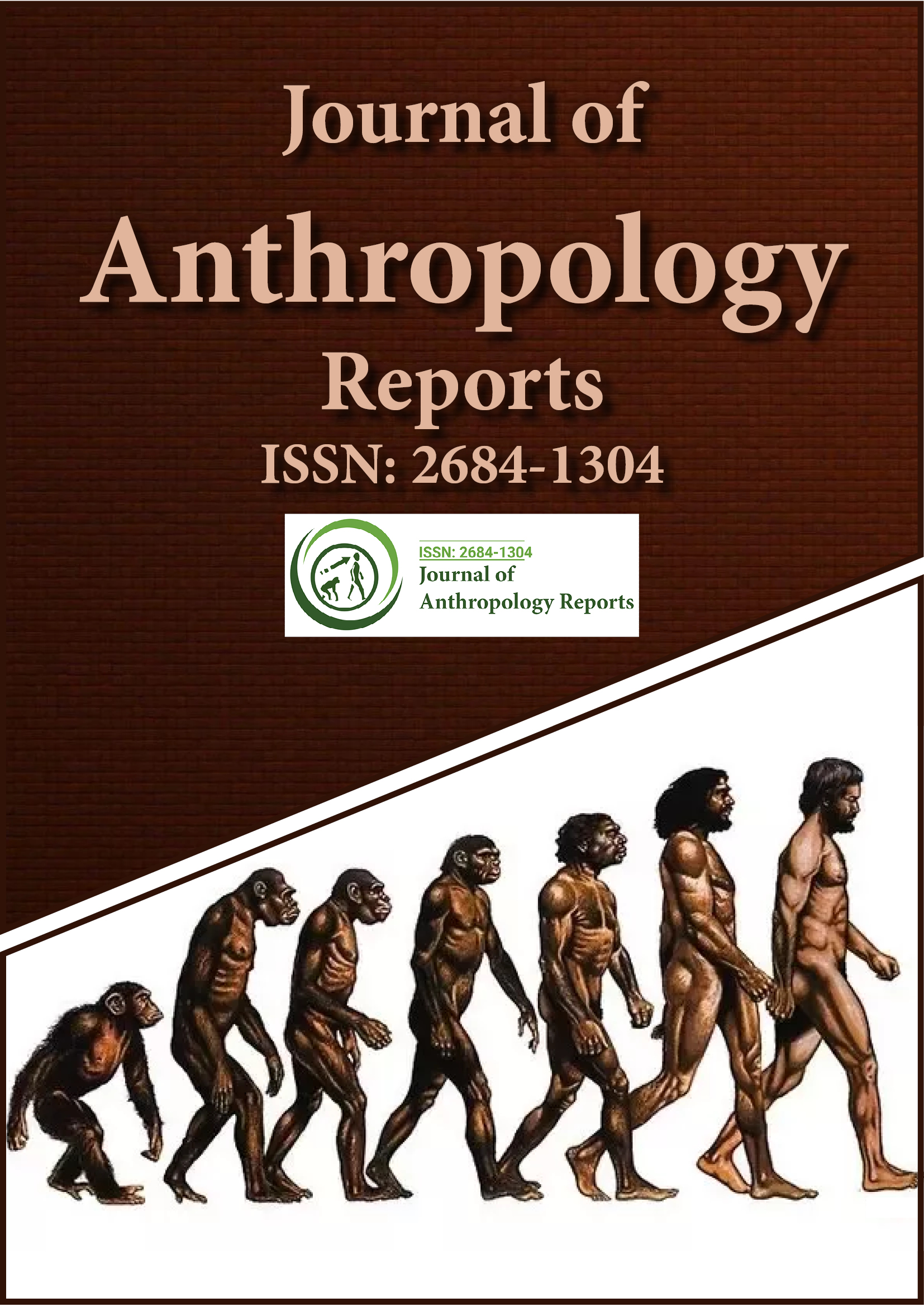索引于
- 参考搜索
- 哈姆达大学
- 亚利桑那州EBSCO
分享此页面
期刊传单

抽象的
人民哲学 人民运动
穆塔基·本·卡马尔*
本文认为,印度的阿迪瓦西人和地方环保运动与 Carvaka 或 Lokayata 哲学的观点相呼应,并受到与他们类似的政治霸权的傲慢对待。Lokayata 和环保运动都持有自下而上的唯物主义政策观,反对国家在资源分配和发展问题上自上而下的做法。这一论点面临的挑战是,Lokayata 学派目前并不以其名义存在,也不是一个单一的思想流派。密宗、佛教、Sangkhya 哲学、Ajivikas 等几门印度哲学流派都与 Carvaka 哲学有联系。此外,Carvaka 哲学家撰写的文献很少,我们几乎不知道这些哲学家的名字。我们大多从批评他们的学者那里了解他们。其次,“Carvaka”一词不再用于称呼某人为该传统的追随者。但 Lokayata 一词仍在孟加拉语等语言中使用。奇怪的是,在孟加拉语中,这个词的意思是流行的、传统的、世俗的或唯物主义的。严厉批评他们的唯物主义哲学,指责他们完全不道德、只追求快乐、逃避痛苦,是享乐主义者。
Lokayata 一词源于两个梵语术语“Loka”和“Ayata”,意为“人们”和“延伸至……”。合起来,Lokayata 是指延伸至人们的哲学。Chattyopadhyay 认为 Lokayata 是一种在古印度工人阶级和土著人民中盛行的哲学,与原始形式的密宗有关。他认为 Lokayata 是无产阶级的哲学,而不是博学派别。他认为 Lokayata 哲学是唯物主义的,因此挑战了后吠陀时代流行的有神论哲学。他的讨论表明,那个时代的阿迪瓦西人和工人阶级是这种哲学的追随者。结果,霸权的代言人,如学者 madhavacharya 批评了 Lokayata 教义的追随者。有神论者对 Lokayata 的谴责主要基于三个方面。首先,Lokayata 被斥责为 Nastikas。顺世论认识论认为,任何无法亲身体验的事物都不存在。这一论点将他们定位为唯物主义者,并由此推断为无神论者。其次,他们被歪曲为享乐主义者。有神论哲学学者认为,那些不相信任何超越物质的东西的人无法将自己从物质的迷惑或幻觉中解放出来。因此,他们只追求物质和物质上的快乐。在有神论学者看来,唯物主义者对神没有任何责任,因此他们的行为是不道德的。对顺世论唯物主义者的这种指责最为普遍。第三,他们是任何既定的有神论哲学或霸权主义学说的攻击者。在本文的分析中,我将表明,印度的人民环境运动攻击了国家自上而下的政策方针,挑战了环境要素的超然象征主义,霸权主义认为他们追求的是地方经济利益,而不是为国家发展做出贡献。